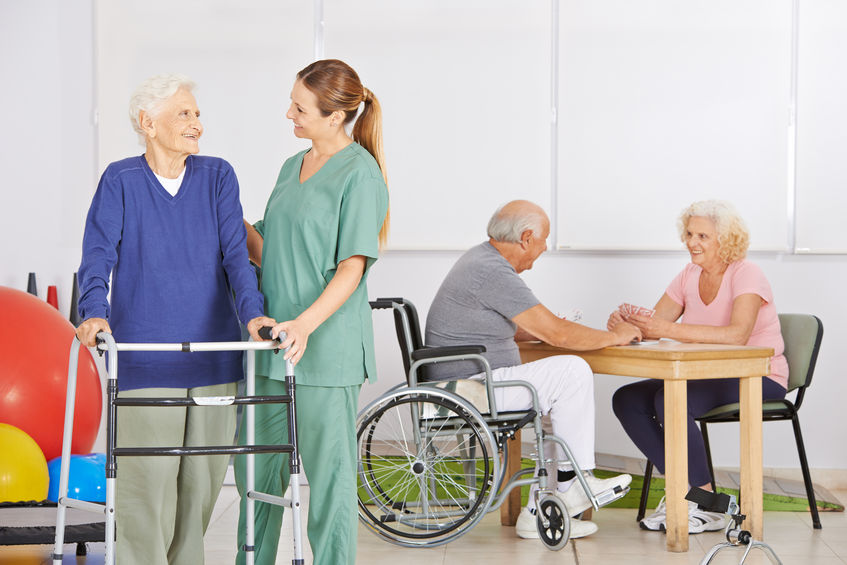Tips on How Elder Abuse Can Be Prevented
June 3, 2019 | Category: Nursing Home Neglect/Abuse | ShareThe Nursing Home Abuse Center (NHAC) says that the 2010 census showed approximately 13 percent of the population was older than 65 years of age. This is the greatest proportion of people in that age group since the census was taken. The number is expected to rise as the Baby Boomers age.
 An estimated 1 million to 2 million U.S. citizens 65 years of age or older have been mistreated, exploited or injured by a caregiver.
An estimated 1 million to 2 million U.S. citizens 65 years of age or older have been mistreated, exploited or injured by a caregiver.
NHAC reports that elderly women are abused at a higher rate than men, and seniors who are above the age of 80 stand a greater chance of being abused compared to “younger” older people ages 65 to 80.
Perpetrators of elder abuse can include the staff of nursing homes, assisted living facilities, and day care facilities. This abuse includes physical abuse, emotional abuse, sexual abuse, exploitation, neglect, and abandonment.
The National Council on Aging (NCOA) says that educating seniors, professionals, caregivers, and the public on abuse is critical to prevention. NCOA recommends the following tips for seniors to prevent elder abuse:
- Take care of your health.
- Seek professional help for drug, alcohol, and depression concerns and urge family members to get help for these problems.
- Attend support groups for spouses and learn about domestic violence services.
- Plan for your own future. With a power of attorney or a living will, you can address health care decisions now to avoid confusion and family problems later. Seek independent advice from someone you trust before signing any documents.
- Stay active in the community and connected with friends and family. This will decrease social isolation, which has been connected to elder abuse.
- Post and open your own mail.
- Do not give personal information over the phone.
- Use direct deposit for all checks.
- Have your own phone.
- Review your will periodically.
- Know your rights. If you engage the services of a paid or family caregiver, you have the right to voice your preferences and concerns. If you live in a nursing home, call your Long Term Care Ombudsman. The ombudsman is your advocate and has the power to intervene.
“Should you or a loved one be injured in a facility, please contact our experienced legal team. We are available to assist you 24/7, and there are no costs or attorney fees unless we make a monetary recovery for you,” said Florida Nursing Home Negligence Attorney Randall Spivey of Spivey Law Firm, Personal Injury Attorneys, P.A.
Florida Nursing Home Negligence Attorney,Randall L. Spivey is a Board Certified Civil Trial Attorney – the highest recognition for competence bestowed by the Florida Bar and a distinction earned by just one (1%)percent of Florida attorneys. He has handled over 2,000 personal injury and wrongful death cases throughout Florida. For a free and confidential consultation to discuss your legal rights, contact the Spivey Law Firm, Personal Injury Attorneys, P.A., in Lee County at 239. 337.7483 or toll free at 1.888.477.4839, or by email to Randall@SpiveyLaw.com. Visit SpiveyLaw.com for more information. You can contact Spivey Law Firm, Personal Injury Attorneys, P.A. in Charlotte County at 941.764.7748 and in Collier County 239.793.7748.

